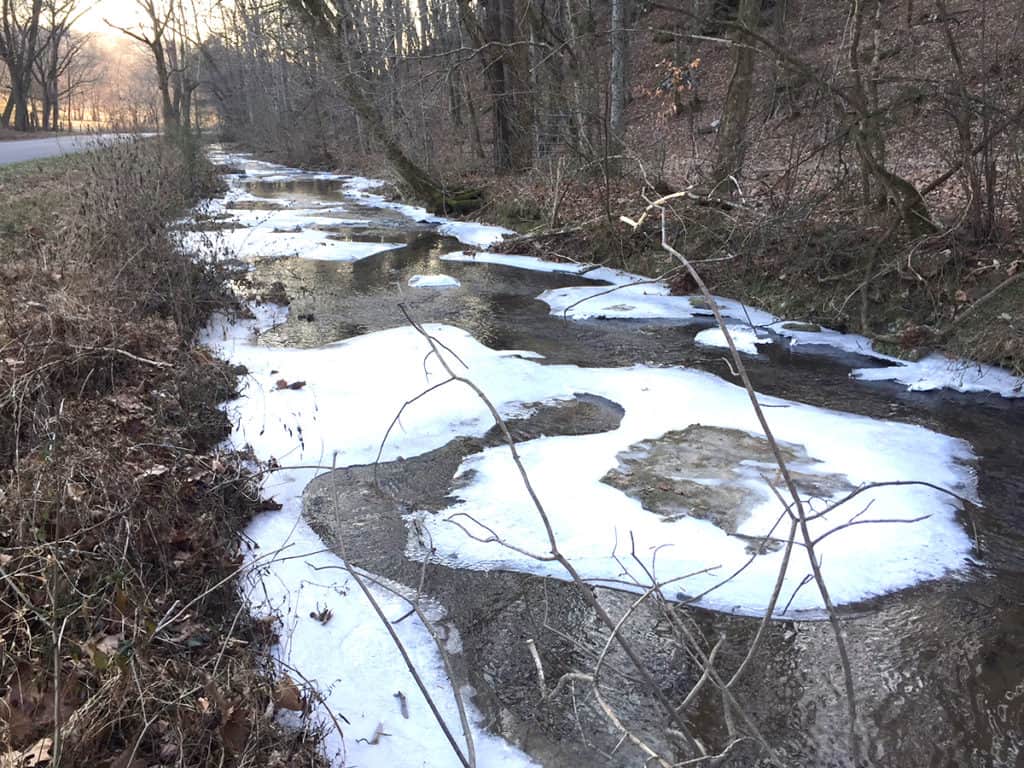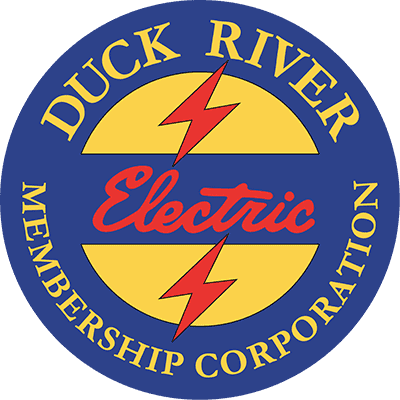04 Jan Helpful tips to help as freezing temps grip DREMC area
As the temperature hovers at or below freezing, Duck River Electric Membership Corporation reminds members there are precautions to keep their homes warm while minimizing the impact on their electric bills.
There are several things you can do to help control the cost of your electric bill during cold weather besides raising and lowering your thermostat. To keep the heat in and the cold out, try these energy-saving tips:
- If your home has south-facing windows, open the curtains or blinds during the day to allow sunlight to naturally warm your home, and close them in the evening to help keep warm air inside the home.

- Keep your doors, windows, and attached garage doors closed as much as possible.
- Use a heavy-duty, clear plastic sheet on a frame or tape the plastic to the inside of your window frames during the cold weather to add a layer of window insulation. Make sure the plastic is sealed tight to help reduce the chance of cold air seeping in.
- Drip your faucets overnight when temperatures plummet to reduce the chance of freezing pipes.
- If you have a fireplace, ensure the damper is closed unless you have a fire burning.
- Lower your water heater temperature to 120 degrees for energy savings.
- Use your ceiling fan on the low speed to circulate warm air by reversing the motor and allowing it to spin clockwise and produce a gentle updraft, forcing warm air near the ceiling down to your level.
- Seal the air leaks around utility cut-throughs for pipes (plumbing), gaps around chimneys and recessed lights in insulated ceilings, and unfinished spaces behind cupboards and closets.
- Add caulk or weather stripping to seal air leaks around leaky doors and windows.
- Replace your furnace or heat pump filter once a month or as needed.
- Keep air vents clear of obstructions so that warm air can circulate efficiently.
- If you are gone for an extended period of time, lower your thermostat to 55 degrees in the winter to save energy and yet keep pipes from freezing.

